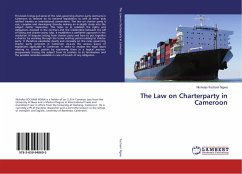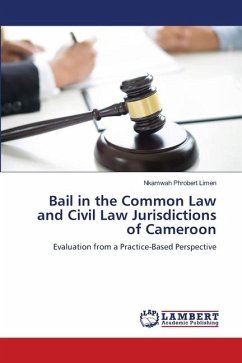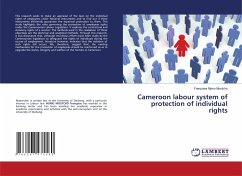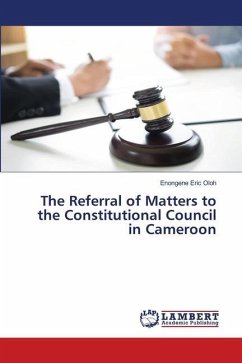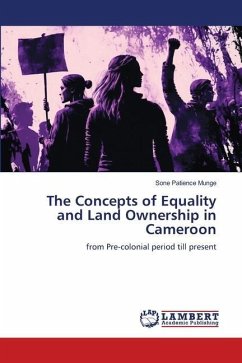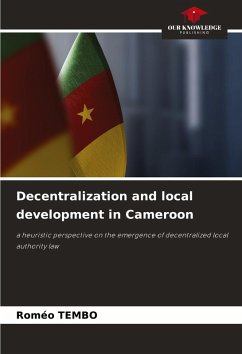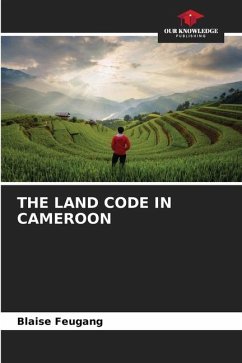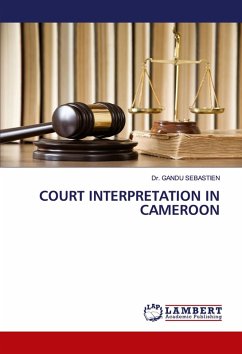
COURT INTERPRETATION IN CAMEROON
Versandkostenfrei!
Versandfertig in 6-10 Tagen
29,99 €
inkl. MwSt.

PAYBACK Punkte
15 °P sammeln!
Cameroon is a fertile ground for the development of community interpreting. Court interpreting, which is a subset of community interpreting, has existed here since the colonial period. This research work is motivated by the desire to highlight the role and importance of court interpreters in a multilingual and multicultural setting like Cameroon. It is also inspired by the need to trace the history and practice of court interpretation and to propose ways to improve the practice in the interest of the public that depends on this form of mediation. The linguistic landscape of Cameroon clearly in...
Cameroon is a fertile ground for the development of community interpreting. Court interpreting, which is a subset of community interpreting, has existed here since the colonial period. This research work is motivated by the desire to highlight the role and importance of court interpreters in a multilingual and multicultural setting like Cameroon. It is also inspired by the need to trace the history and practice of court interpretation and to propose ways to improve the practice in the interest of the public that depends on this form of mediation. The linguistic landscape of Cameroon clearly indicates that the right to communicate, though enshrined in the Cameroonian constitution and by virtue of the country's ratification of the Universal Declaration of Human Rights, would not be effective without the constant assistance of qualified interpreters. This is most obvious in the domain of litigation.





